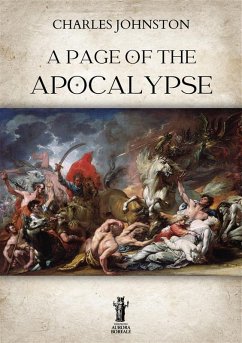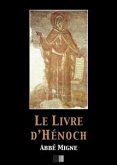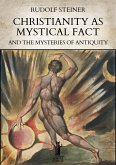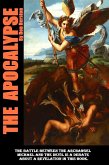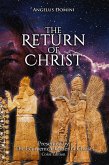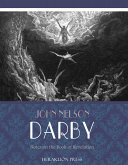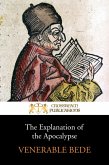Charles Johnston (1867-1931) was an Irish writer, journalist, theosophist, linguist, naturalist, and Sanskrit scholar. Johnston He wrote numerous books on Indian philosophy, translating works from Sanskrit as well as on Theosophy. He was married to the niece of Madame Blavatsky and was involved in the development of the Theosophical Society in the United States. Johnston translated several works from Sanskrit and Russian. As an author, he devoted himself primarily to philosophical and theosophical topics, and wrote a great number and variety of articles and books, ranging from scholarly writings on scriptures to popular volumes of humor, travel, and history. The Johnston's essay A Page of the Apocalypse, which we propose to our readers today, was published in October 1907 and January 1908 on the Theosophical Quarterly. According to Johnston, «One of the purposes of the Theosophical Society is to pursue the comparative study of religions, with a view to making clear the inherent spiritual truths which underlie all religions. Few books offer a more promising field for this method than does the Apocalypse, known in English as "The Revelation of Saint John the Divine". Taken alone, this book is an almost insoluble enigma, so much so that it has been more than once proposed that it should be excluded from the canon of scripture. But taken together with other works of the same class, of which there are some in every religion, its enigmas are found to resolve themselves, yielding clear and valuable spiritual truths».
Dieser Download kann aus rechtlichen Gründen nur mit Rechnungsadresse in A, B, BG, CY, CZ, D, DK, EW, E, FIN, F, GR, HR, H, IRL, I, LT, L, LR, M, NL, PL, P, R, S, SLO, SK ausgeliefert werden.
Hinweis: Dieser Artikel kann nur an eine deutsche Lieferadresse ausgeliefert werden.

